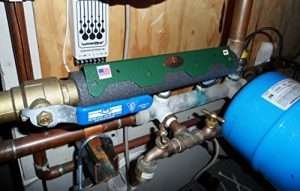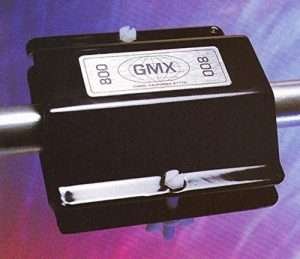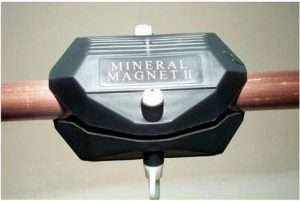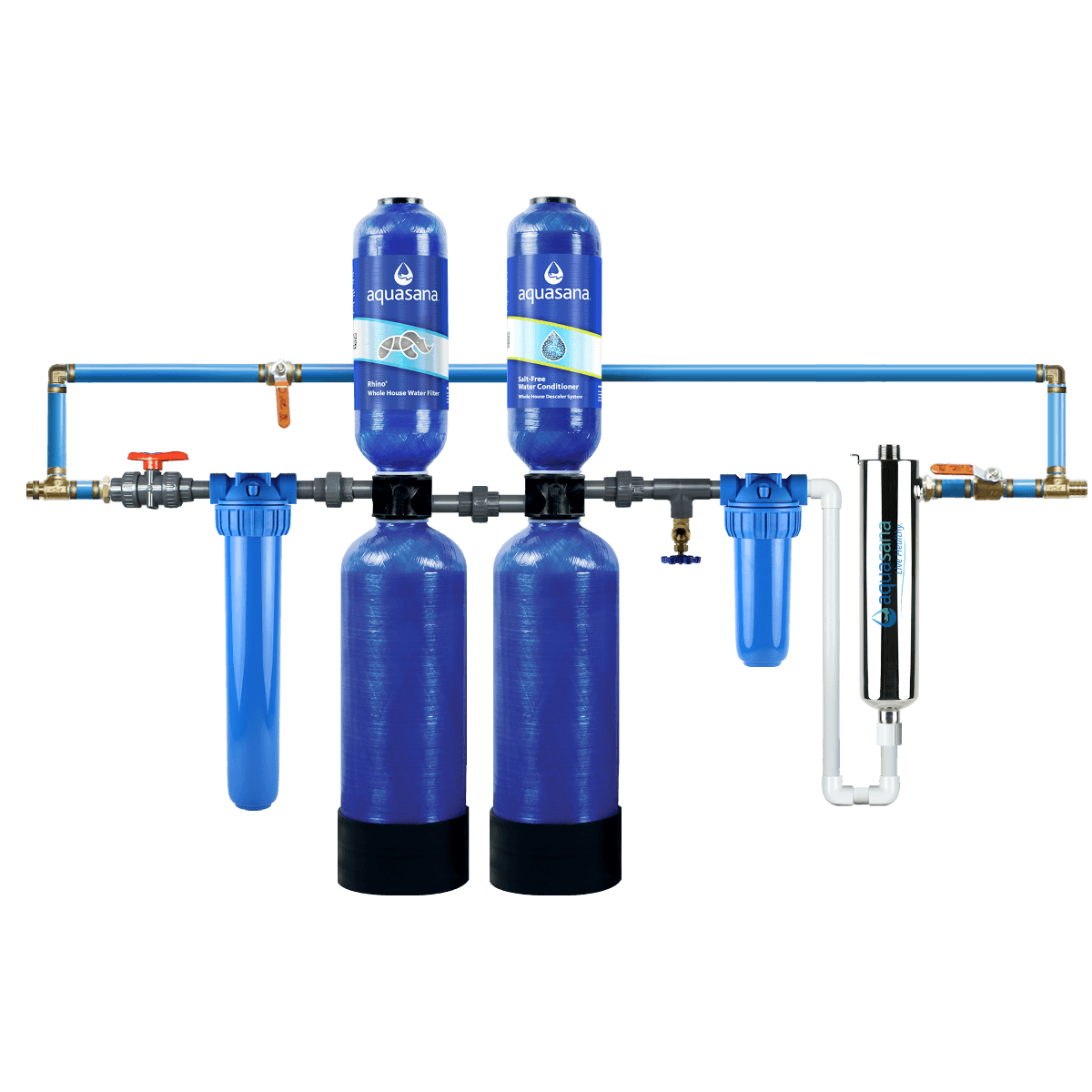- Home
- Health
- Water Softener Guide
- Water Treatment
Private Sewers & Septic Systems
- About Private Sewers Sysytem And Septic Systems
- Lateral Root Notification Program
- Fats, Oil & Grease
- Spills & Black Water Valves
- Help Protect The Enviroment
- Septic Systems
- About
Considering a Magnetic Water Softener? Here’s What You Should Know.
 You might be mulling over the idea of investing in a magnetic water softener, possibly driven by those frustrating mineral deposits on your faucets or the unsettling pipe scale build-up. Well, the culprit here is hard water. Let’s unpack this and see if magnetic water softeners are genuinely worth your money.
You might be mulling over the idea of investing in a magnetic water softener, possibly driven by those frustrating mineral deposits on your faucets or the unsettling pipe scale build-up. Well, the culprit here is hard water. Let’s unpack this and see if magnetic water softeners are genuinely worth your money.
Unpacking Hard Water's Effects
Sure, hard water isn’t jeopardizing your health, but it’s no friend to your hair, skin, or household appliances. Hard water’s mischief is due to the minerals it carries. So, if these hard water blues resonate with you, it’s probably time to start looking into water softening solutions.
Magnetic Water Softeners: A Glimpse
Ever heard of the Anti-scale Magnetic Treatment (AMT)? It’s another name for magnetic water softeners. The principle is straightforward: pass the hard water through a magnetic field to soften it. Sounds promising, right? Especially when it ditches chemicals from the process.
How's It Supposed to Work?
Picture powerful magnets attached to your pipes, pulling out the mischief-making hard water ions before they can enter your plumbing. Simple, isn’t it?
The Crux: Do They Really Work?
 Magnetism is intricate. There’s no straightforward way to determine how these magnets would influence ions. While some studies hint at potential benefits, like inducing electrical charges in calcium carbonate particles, the consensus isn’t clear. Many findings are inconclusive, leaving consumers in a bind. So, though these gadgets might not break the bank, there’s a possibility they might not break your hard water problem either.
Magnetism is intricate. There’s no straightforward way to determine how these magnets would influence ions. While some studies hint at potential benefits, like inducing electrical charges in calcium carbonate particles, the consensus isn’t clear. Many findings are inconclusive, leaving consumers in a bind. So, though these gadgets might not break the bank, there’s a possibility they might not break your hard water problem either.
My Two Cents on Magnetic Softeners
 To offer a first-hand perspective, I took a leap of faith and tried out a magnetic water softener. Bought a well-reviewed one, attached it, and waited. The result? Not much. It seemed my hard water issues persisted, leading me to believe that if these magnets were a sure-shot solution, traditional water softeners might’ve become obsolete by now.
To offer a first-hand perspective, I took a leap of faith and tried out a magnetic water softener. Bought a well-reviewed one, attached it, and waited. The result? Not much. It seemed my hard water issues persisted, leading me to believe that if these magnets were a sure-shot solution, traditional water softeners might’ve become obsolete by now.
Alternative Paths
If you’re aiming for undeniable results, perhaps veer towards:
Yes, these might be pricier than magnetic softeners, but their efficacy isn’t up for debate.
The Undisputed Solution
Looking for an absolute, no-guesswork solution? Traditional water softeners that utilize sodium or salt are your best bet. Though they might require professional installation, they guarantee relief from the clutches of hard water.
Closing Thoughts
Hard water can be a hassle. And while magnetic water softeners might seem tempting due to their affordability and ease of installation, it’s essential to weigh their actual effectiveness. Sometimes, the traditional route, albeit pricier and a tad more complicated, might be the only sure way to get the job done.
Scientific Reference
- Effects Of Magnetic Treatment On Scaling Power of Hard Waters.
- Bali Mahmouda, Mabrouk Yosraa, Abdelli Nadiab – Separation and Purification Technology Volume 171, 17 October 2016, Pages 88–92. Magnetic Water Softener.
- Smothers, KW; Curtiss, CD; Gard, BT; Strauss, RH; Hock, VF (15 June 2001). “Magnetic Water Treatment” (PDF). Public Works Technical Bulletin 420-49-34. U.S. Army Corps of Engineers.
- MacAdam J PhD Thesis Cranfield University UK. Dept of Water Science and various studies
- Coetzee PP, Yacoby M and Howall S (1996) The role of zinc in magnetic and other physical water treatment methods for the prevention of scale. Water SA, 22(4): 319-326.













